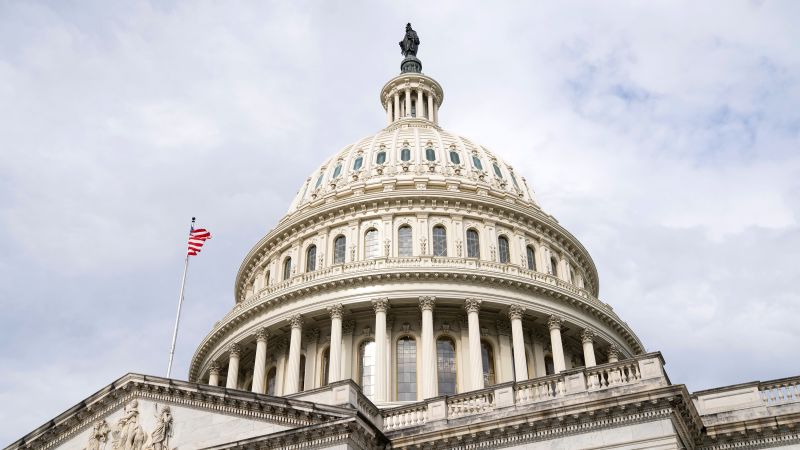The future of artificial intelligence (AI) is being staked on by some of the biggest companies in the world, despite warnings from its own inventors to slow down due to its complexity and danger. Despite the potential risks involved, the US government has not passed any legislation regulating AI, leaving enforcement up to the understaffed and underfunded Federal Trade Commission and Justice Department. A bipartisan roadmap released last month aimed at regulating AI is uncertain to be implemented during an election year, leaving the oversight to agencies ill-equipped to handle such a rapidly advancing technology.
Antitrust officials at the FTC and the Justice Department are close to finalizing an agreement to jointly oversee AI giants like Microsoft, Google, Nvidia, and OpenAI. This agreement signals a potential crackdown on AI companies, but many believe it may not come soon enough to prevent potential risks associated with the technology. Companies like Nvidia have seen exponential growth in value, surpassing even Apple as the second most valuable publicly traded company in the US, thanks to their investments in AI. The lack of regulation in Washington has allowed these companies to thrive financially, while European officials have already implemented the world’s first standalone AI law after years of deliberation.
The rapid influx of money into the AI industry has caused it to become a hot topic on Wall Street, attracting investors and driving up the value of companies involved in AI development. However, concerns have been raised by current and former employees of OpenAI about the lack of effective oversight and accountability within these companies. Confidentiality agreements prevent employees from voicing their concerns publicly, leaving the responsibility for regulating AI in the hands of the tech industry itself. The reliance on self-regulation by companies with strong financial incentives has raised doubts about their ability to prioritize public safety over profit.
The potential risks associated with unregulated AI development, such as the hijacking of the American electoral process, highlight the urgent need for government oversight and regulation. The rapid advancement of AI technology has outpaced the ability of lawmakers to keep up, creating a regulatory gap that leaves the public vulnerable to potential harm. The influence of AI companies on the political and economic landscape has grown exponentially, raising concerns about the power and control these companies hold over society. As AI continues to transform industries and impact our daily lives, the need for comprehensive regulation and oversight becomes increasingly critical to ensure the ethical and safe development of this powerful technology.













